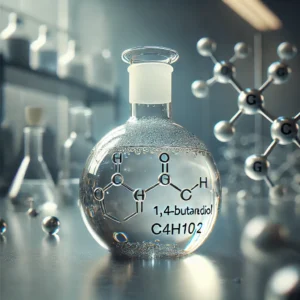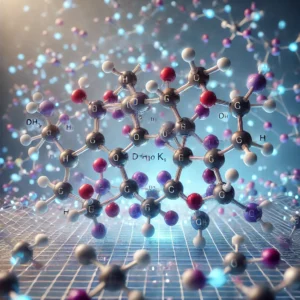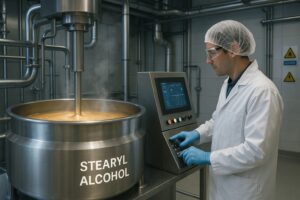Agar with the 750/800 and 800/850 designations is a high-purity extract of red algae (mainly of the Gelidium and Gracilaria genera), commonly used as a natural gelling, stabilizing and thickening agent. It mainly contains polysaccharides – agarose and agaropectin – which give it unique structural properties. These products, with varying gelling strengths (750 to 850 g/cm²), are used both in laboratories and in the food and cosmetic industries.
Thanks to its plant-based origin and lack of calories, agar is very popular as an alternative to gelatin – especially in vegan applications. But its capabilities go much further. Meet Agar 750/800;800/850 – a natural, powerful ingredient with applications ranging from ice cream to laboratory lines.
Product Technical Data
- Trade name: Agar 750/800; 800/850
- CAS number: 9002-18-0
- EC (EINECS) number: 232-658-1
- Sum formula: C12H18O9 (approximate)
- Physical form: light beige powder
- Solubility: Insoluble in cold water, completely soluble after boiling
- Gel strength: 750-850 g/cm²
Industrial Applications
Agar 750/800;800/850 is used as a gelling agent in jams, jellies, candies, ice cream, dairy products and diet products. Its heat resistance and pH stability make it an ideal ingredient for ready meals and sauces.
In creams, gels, masks and shampoos, agar acts as a natural thickener and emulsion stabilizer. It is biodegradable, gentle on the skin and complies with the requirements of vegan and natural cosmetics.
3. microbiology laboratories
In microbiology, agar is the basis of culture media for bacteria and fungi. The 750/800 and 800/850 variants provide adequate carrier strength and transparency of the medium, making it ideal for diagnostic and clinical studies.
Benefits and special features
- 100% plant-based composition – ideal for vegans and the halal/kosher industry
- High gelling power – allows stable, resilient structures to be obtained
- Tasteless and odorless – does not affect the organoleptic qualities of the product
- Thermal stability – does not melt at room temperature
- Low dosage – effective at concentrations as low as 0.5-1%
Safety and quality
Agar 750/800 and 800/850 meets FCC, USP and Codex Alimentarius quality standards. It contains no allergens, GMOs, gluten or preservatives. It is classified as an E406 additive and is considered completely safe for use in food and cosmetics.
The product should be stored in a dry, cool place, away from sources of moisture and light – preferably in tightly closed containers.
Trivia
- Agar was discovered in Japan as early as the 17th century.
- In molecular biology, it is used for DNA electrophoresis.
- It is also used to clarify wines and juices as a suspension binder.
- In molecular gastronomy, it allows you to create spectacular gel effects.
Summary
Agar 750/800;800/850 is a natural, safe and versatile raw material used in the food industry, cosmetics and microbiological laboratories. Thanks to its exceptional gelling power and heat resistance, it is used in dozens of technological applications. Check its full specifications and availability at vichemic.co.uk.
Zobacz także

1,4-Butanediol – Key Raw Material in the Chemical Industry
1,4-Butanediol (BDO) is an organic chemical compound belonging to the diols group, which plays an important role in many industries. It is primarily known as a precursor for the production of plastics, solvents, elastomers and polymers. Its versatility makes it used in the automotive, electronics, pharmaceutical and textile sectors. Product Technical Data Industrial Applications 1. […]
Read more 
Acesulfame potassium (Acesulfame K) – Intense sweetener for the food and pharmaceutical industries
Acesulfame potassium (ACESULFAM K) is a high-intensity synthetic sweetener widely used in the food and pharmaceutical industries. Its sweetness is estimated to be about 200 times that of sucrose, making it an extremely efficient ingredient in the production of low-calorie and sugar-free products. In addition to its exceptional taste properties, Acesulfame K is distinguished by […]
Read more 
Stearic alcohol – a luxury emollient, stabilizer and secret ingredient of many industries
Stearic alcohol, also known as 1-octadecanol, is a long-chain saturated fatty alcohol with the formula C₁₈H₃₈O. Despite its technical-sounding name, it is one of the mildest and most desirable ingredients used in cosmetics, pharmaceuticals and the engineering industry. Its key properties – a soft, waxy texture, excellent emollient properties and a neutral fragrance – make […]
Read more 

